Future of Qualifications and Assessment research project
Pearson is embarking on a new project to better understand how our education system and model of assessment are working for young learners at key stages four and five.
The events of last summer and preparations for this have provoked many questions around assessment, including fairness and equity for young people. Assessment remains high on the agenda and it is against this backdrop we are looking at the longer-term role of assessment in schools and colleges.
Our project takes a longer view, going back to first principles, considering the function and purpose of Key Stages 4 and 5 – which at present are the defining and critical points of a young person’s education.
The first phase of the project included a major consultation with the education sector, employers, parliamentarians, parents and, most importantly, with young people to gather their views on a range of questions around each of these issues. We received over 6000 contributions.
Our Interim Report and Technical Annex set out our findings from this first phase.
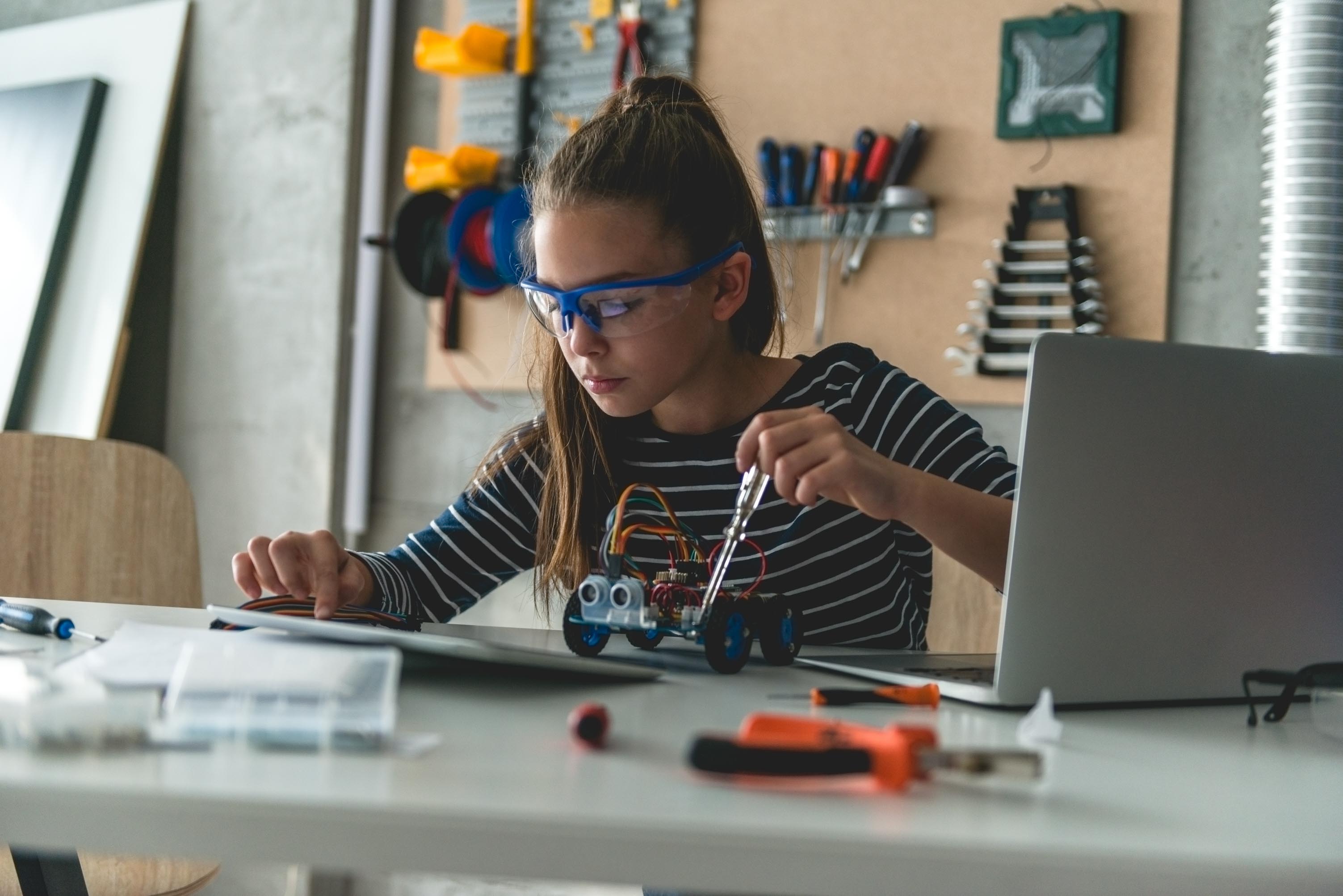
“From across the education ecosystem, the message is clear: the change to assessments and qualifications needs to amount to an evolution of the current system rather than a complete revolution – leading to radical change but without disruption."
Lord Blunkett, former Secretary of State for Education
Project timeline
February 2021 – public consultation launched
Summer 2021 – interim findings published
Autumn/winter 2021 – independent research
Early 2022 – final report published
One of our student respondents discusses how the current education system prepares young people for the future.
What would you do if you were Education Minister for the day? Listen to this student's thoughts.
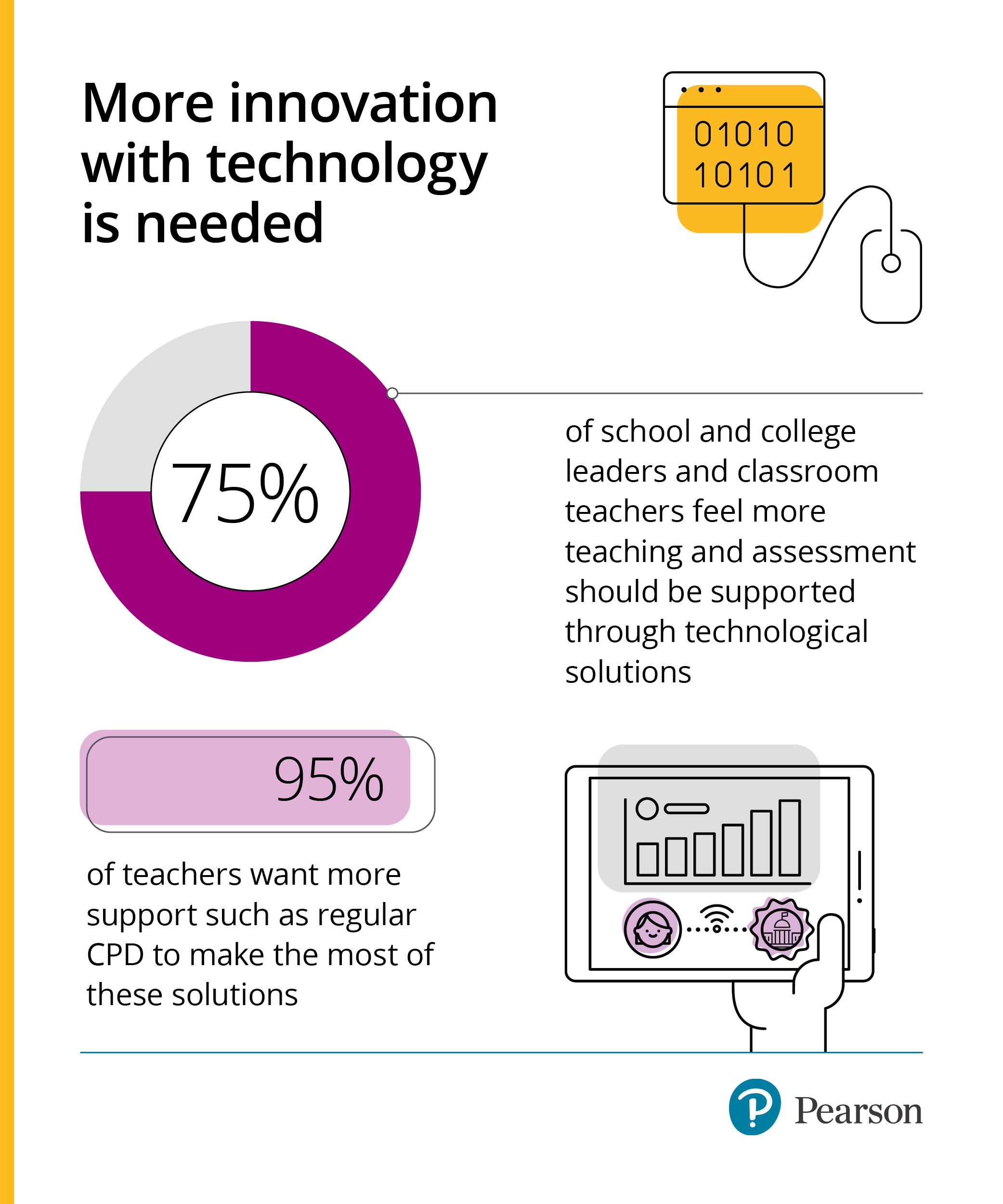
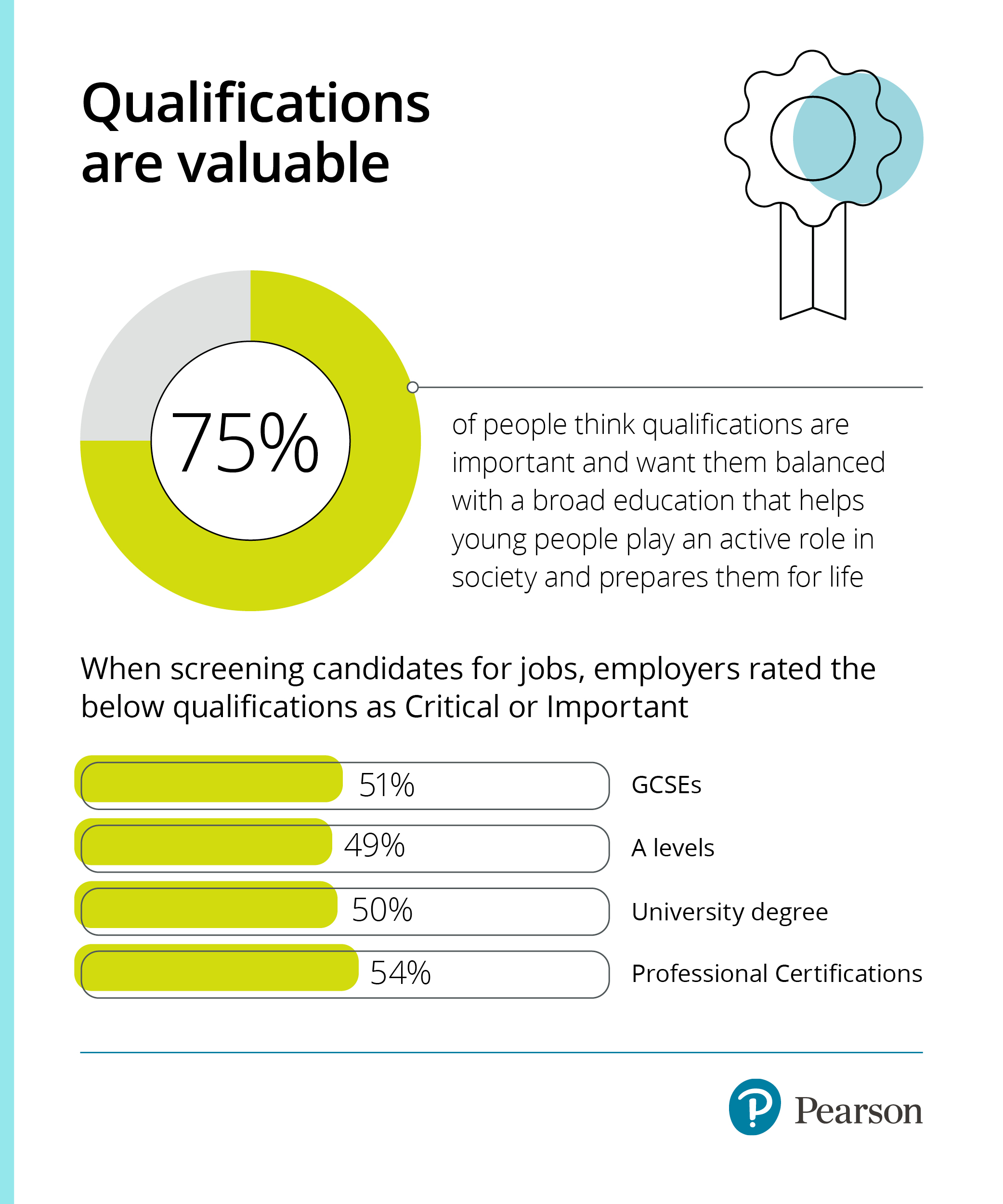
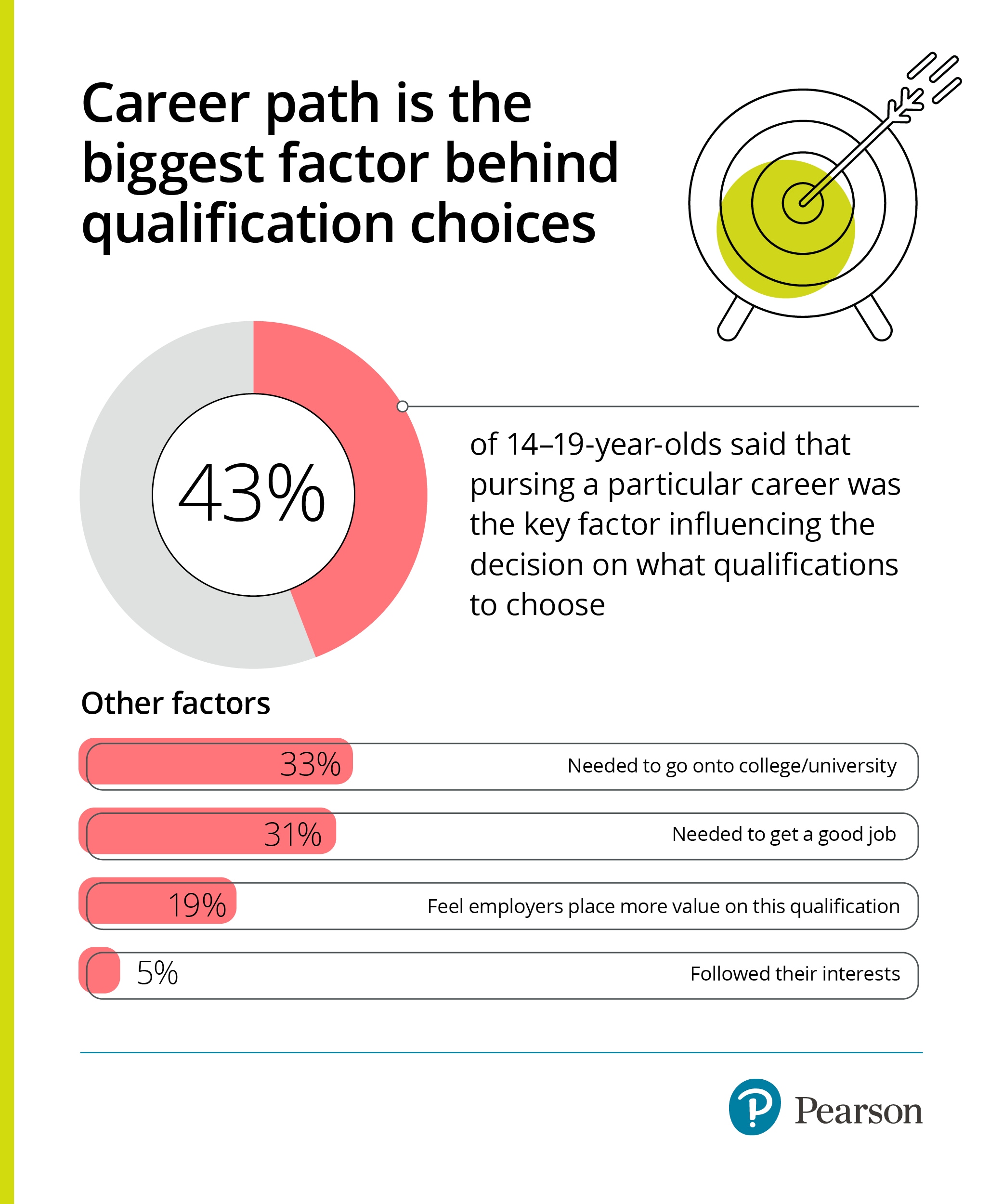
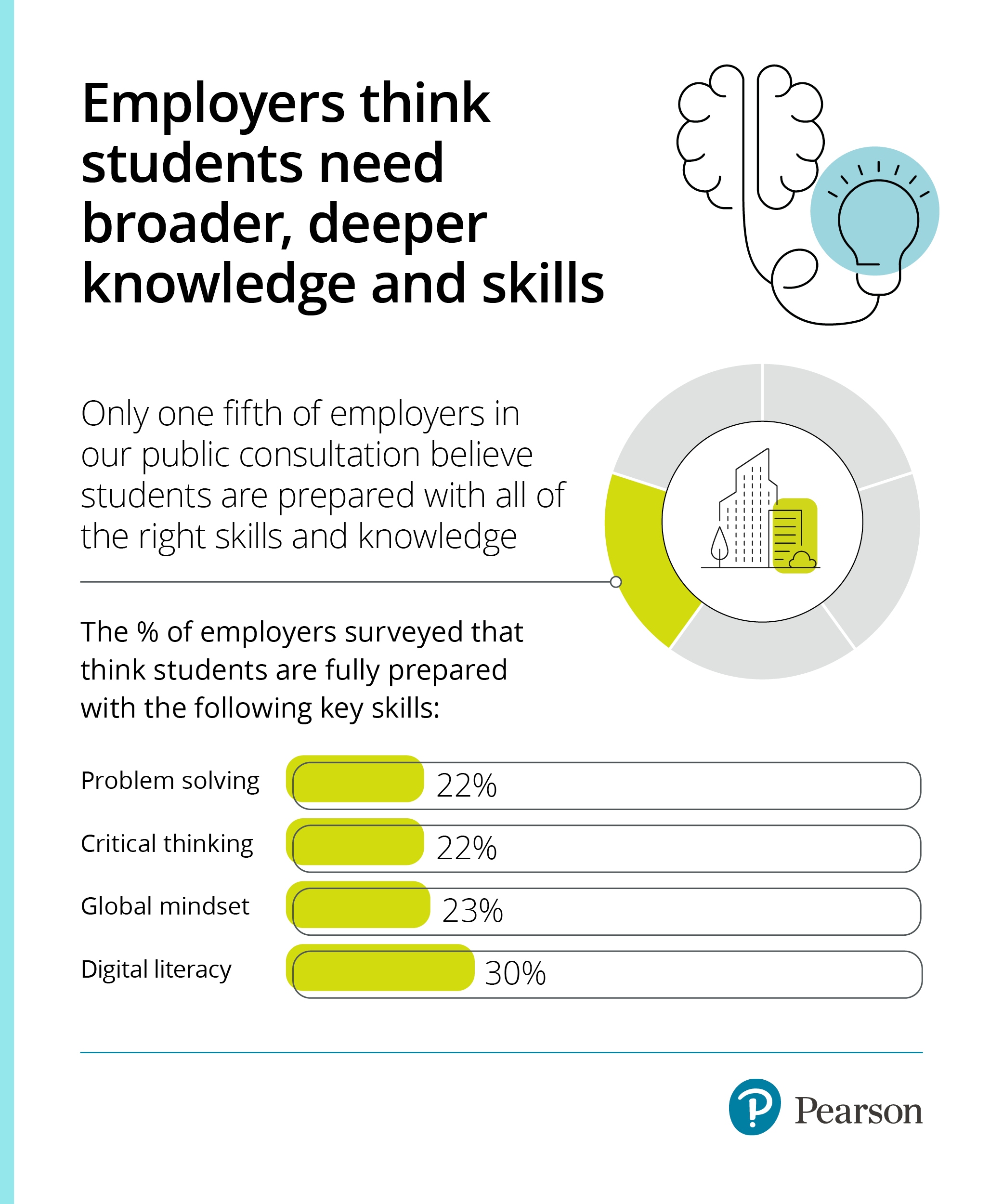
Independent expert panel
To guide the project we have assembled a panel of educational experts representing assessment and qualifications, academia, former Education Secretaries and Ministers, and leading sector representative bodies.
The expert panel will play a key role throughout, helping to steer the work and provide advice and challenge as the project progress through each phase. The breadth of expertise also ensures that we can draw on the range of experience and insight, drawing on specific knowledge in key areas as each research strand develops.